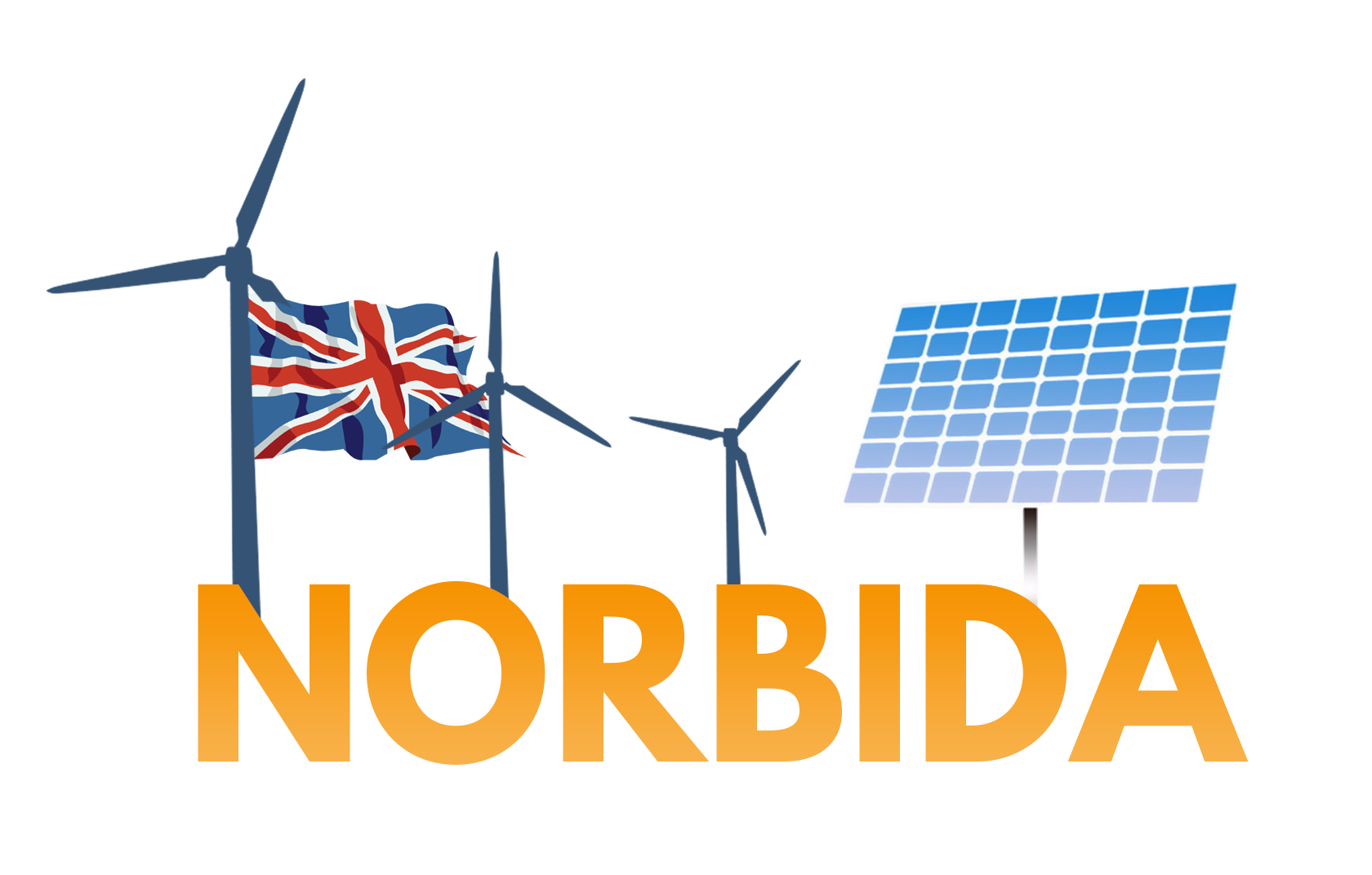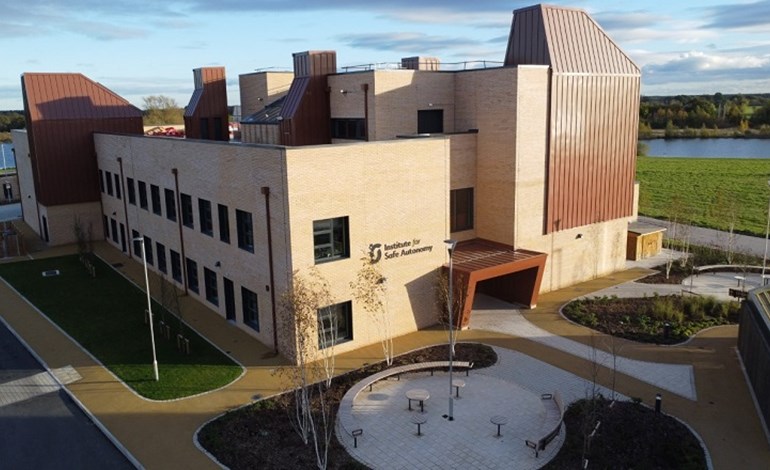The University of York is to host a solar farm as part of a £1.5m research project that will use AI and robotics to inspect and maintain solar arrays. Siemens has been chosen to design and deliver a 193kW array, located at the university’s Institute for Safe Autonomy as part of the research project. Funded through the UK Research Partnership Investment Fund (UKRPIF), the project will enhance the institute’s research capabilities to develop and use AI and robotic systems to inspect and maintain solar arrays. The solar farm will create a “living lab” to give insight to landowners and operators of solar farms on how best to integrate robotic technology in the field. The project will also enable the institute to become energy self-sufficient by 2025. The solar farm, which spans more than 1400 square metres, will consist of a range of different panel configurations, including static ground installations and sun-tracking arrays. Solar panels will also be deployed on the side of the institute’s building and the rooftop to maximise light exposure.
Following successful completion of the design phase, installation work will be carried out on site by specialist installer Lynx later this month, with the project expected to be fully operational by July. Patrick Reilly-O’Donnell, Head of Project Execution at Siemens, said: “The university’s Institute for Safe Autonomy provides a first-class ecosystem for research and innovation in the world of robotics and connected autonomous systems. “As we continue to integrate autonomous technology into our everyday lives, understanding how we can safely deploy them to maximise efficiencies within those sectors connected to the green transition is becoming increasingly important.” The Institute for Safe Autonomy is a new initiative at the University of York which takes a safety critical approach to the design, development and testing of robotics and connected autonomous systems.
Credits: renews.biz [Image: University of York]

